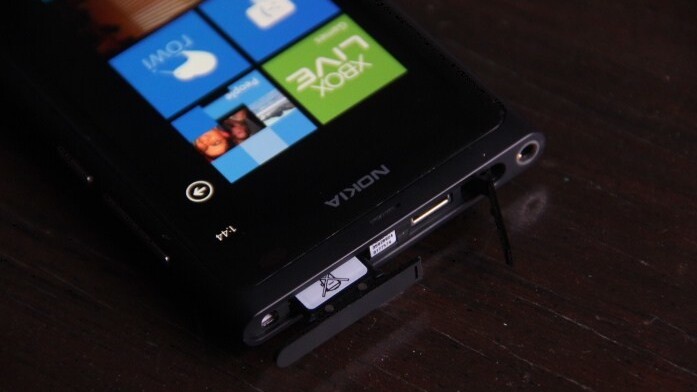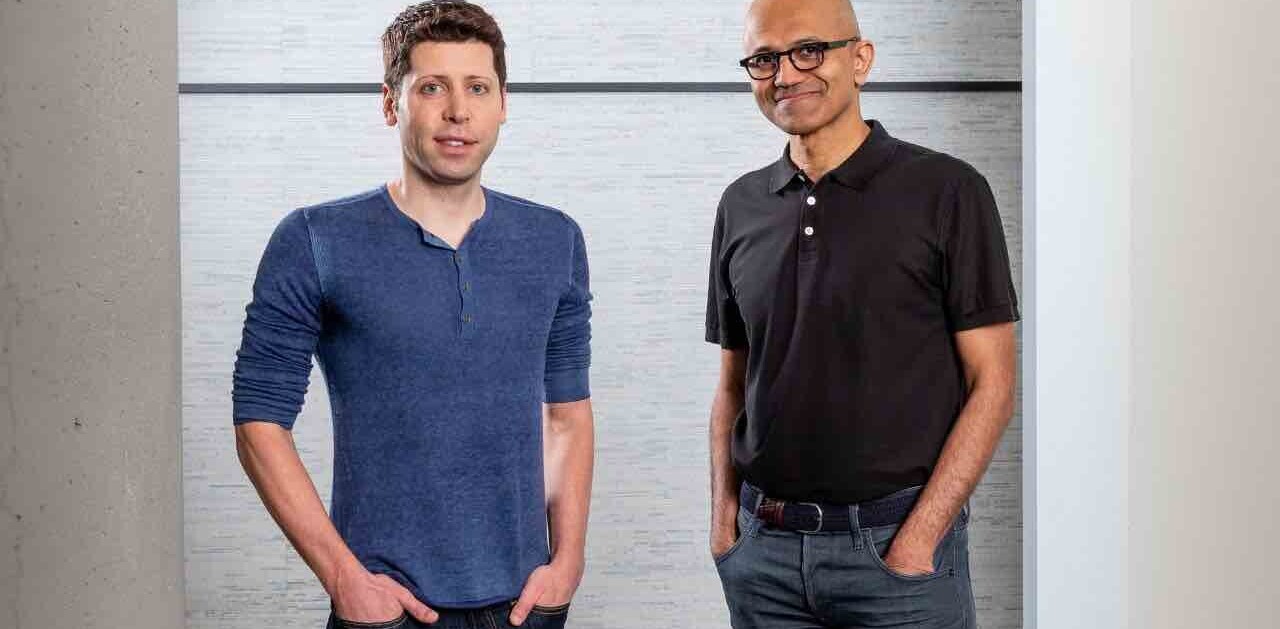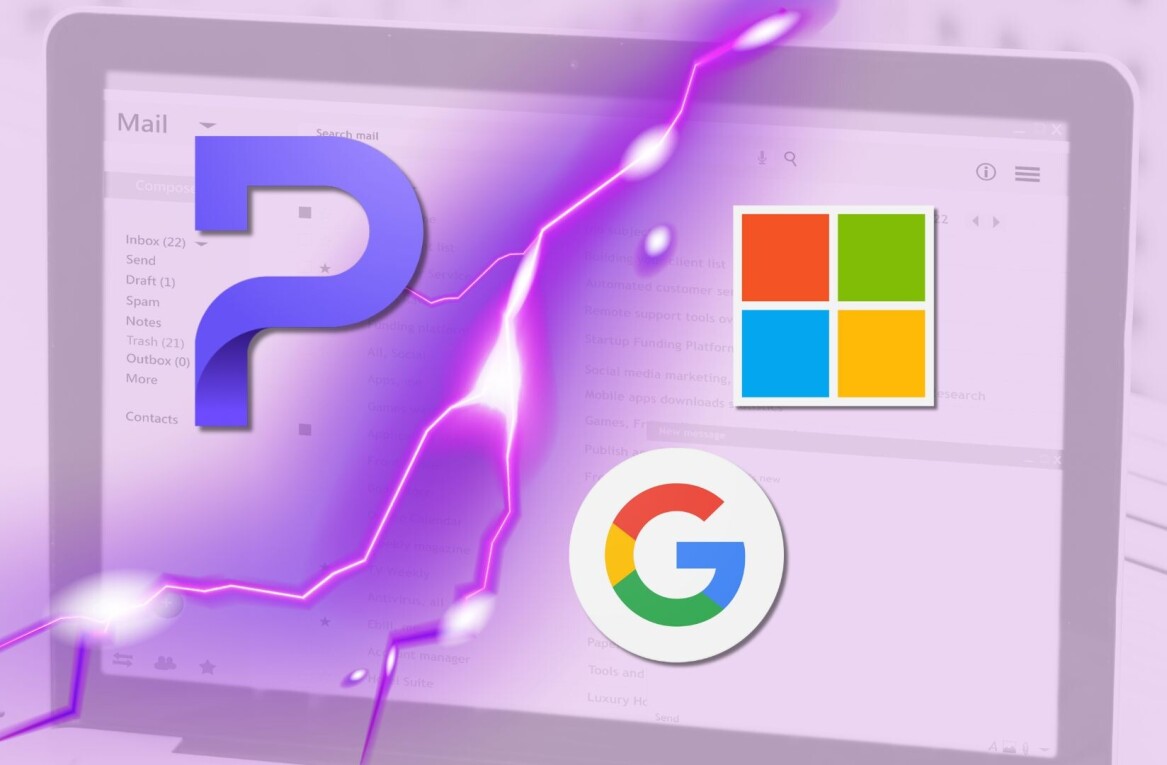
In a recently published interview, Microsoft laid out its plan for future Windows Phone updates: slow and steady as before, with an eye towards speeding up the process. The company pointed to the fact that it had filled ‘gaps’ in the larger Windows Phone operating system, rendering it whole, thus ‘freeing’ the company’s resources to work on new ‘innovative’ features.
TNW has been saying for some time that the ‘Mango’ update to Windows Phone fulfilled its initial promise, bringing to the platform every missing piece of functionality that the original edition of the operating system had lacked, except the ability to take screenshots.
However, even with this new freedom, Microsoft is in no hurry. The company was quick to dismiss the idea that simply sticking flashier components into handsets makes them any better in a real sense for consumers. The firm’s Aaron Woodman put it like this: “If you look at Android, you see the greatest time to market advantage, just because there’s greater flexibility in some of what the OEMs can do, but it doesn’t always execute as great quality. The first several dual core devices actually didn’t even use the second core.” He went on to say that Microsoft is working to optimize single core chips, which often use less power than their dual-core brethren.
But Microsoft is not planning in surrendering on providing new experiences: “You can expect us to do great innovation at the hardware level and at the software level and at a faster pace but we will still come back to prioritising something that’s meaningful to end users and not just shoot for the new. I saw an Android phone that has a ‘3D without glasses’ screen. Well, that’s definitely cool!.”
TNW has heard nary a rumor of any sort of 3D coming to Windows Phone. The point here is that Microsoft is uninterested in gimmicks; the rules that the company has laid down for its OEM partners have in effect forced them to focus on other elements of hardware than specs, such as feel and overall quality.
That method is only now paying off, as the first generation of Windows Phone hardware was lacking.
The company’s philosophy is just this: “[We] don’t think we will always be the fastest but I don’t think we have to be to be competitive.” According to the latest sales estimates, that ideology might be paying off at last, but it’s been a strategy that offered little in the way of encouragement during the first year of Windows Phone sales.
Get the TNW newsletter
Get the most important tech news in your inbox each week.





